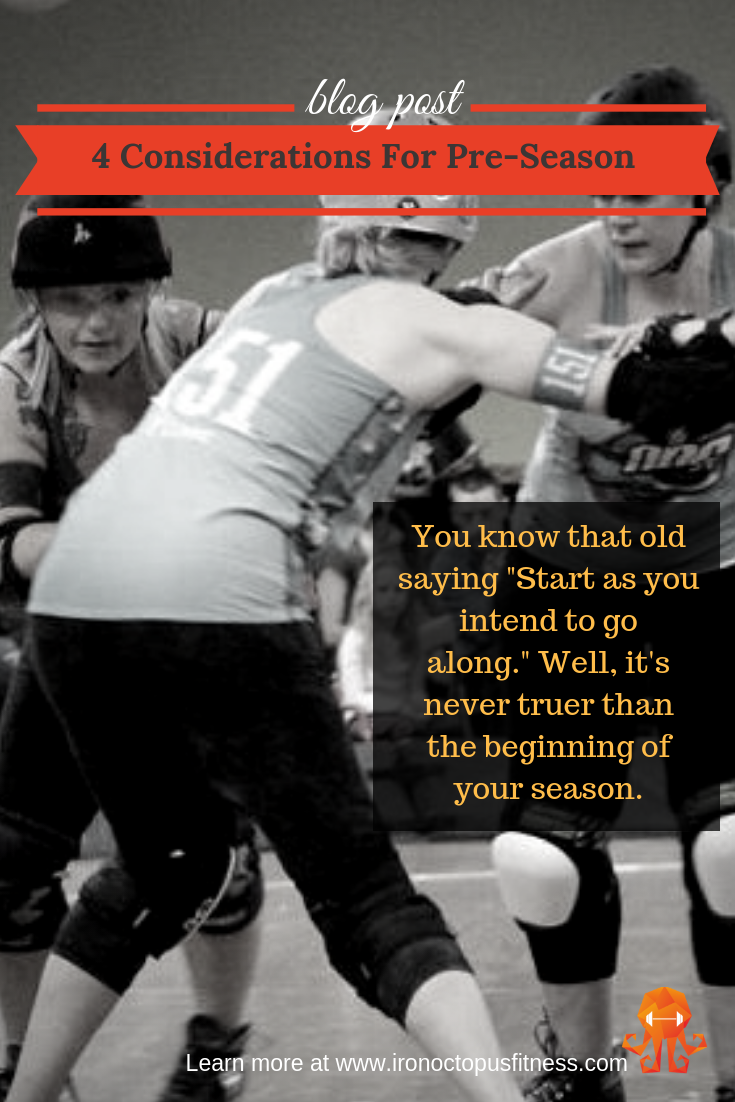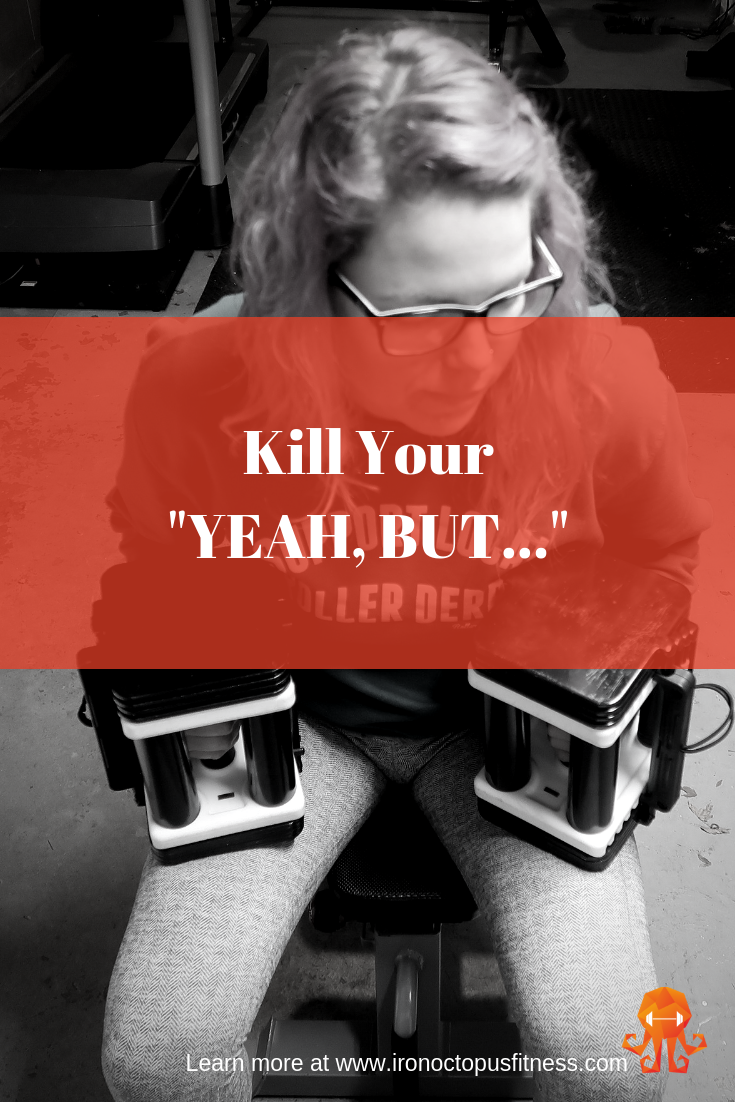
All athletes have a pre-season.
Even if you’re one of those unfortunate athletes that never get an off-season. (#thoughtsandprayers)
And how we approach the pre-season can have a huge impact on how we progress towards our goals during the REST OF THE SEASON.
You know that old saying “Start as you intend to go along.” Well, it’s never truer than the beginning of your season. If you want to avoid plateaus, peak at the right time, reduce your likelihood of injuries, and increase your season longevity — that all starts now.
In the pre-season.
So what do you want to be thinking about as the pre-season approaches?
- How long are you going to do this for? Pre-seasons are typically short by virtue of both scheduling and intensity. You have a short time to get ready and your training has to meet that demand. I recommend most hardcore pre-season training programs are 3-4 weeks of hard work followed by a deload, rest, and recovery week.
- Are you attending practices? How many? Part of preparing for the season is clearing the rust from YOU and your skates. You need to be going to practice (if it’s offered) to remember and refine your positional footwork. Some of those things can be worked on in the gym, but some of them require you to be on skates as often as you can. At least for the pre-season.
- How much cross-training are you going to do? The skating parts of your pre-season and the gym parts of your pre-season need to be balanced well to make sure that you are getting the rest you need for your body actually make use of all the skills you’re practicing. That means knowing that training every. single. day. might be to your detriment and paying close attention to how many days actually lead to improvement.
- What’s your keystone weakness? This a perfect time to work on developing the weakness you have that leads to the most missed opportunities in gameplay. That doesn’t mean it’s your biggest weakness, but the one that holds you back the most. My biggest weakness is probably that I’m slow. Much slower than most of my team in an all-out sprint. But on the track, being slow doesn’t impact my game the most. Not keeping my hips down does. To really make a difference in my game, I’d need to focus on my hips during the pre-season. Not my speed.
Having definitive answers for each of these questions, and knowing how you’re going to address them with your pre-season programming, gives you the best starting point for the rest of your season. Find some time to sit down with your phone in the notes app or a pen and paper in hand and actually write down the answer to these questions.
It will guide you toward figuring out what your overall training schedule should look like.
As well as what to focus on in your training for the pre-season and beyond.

